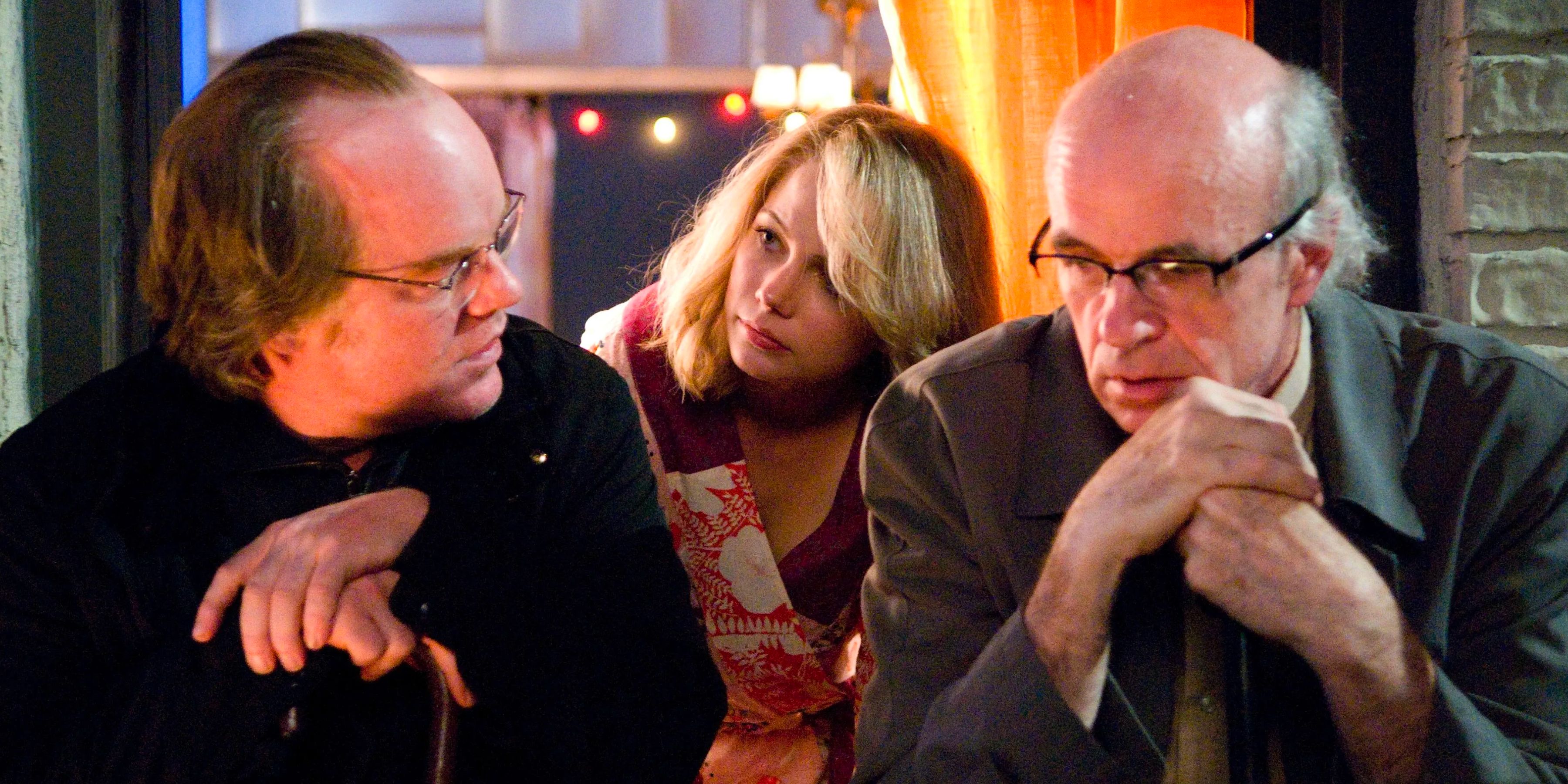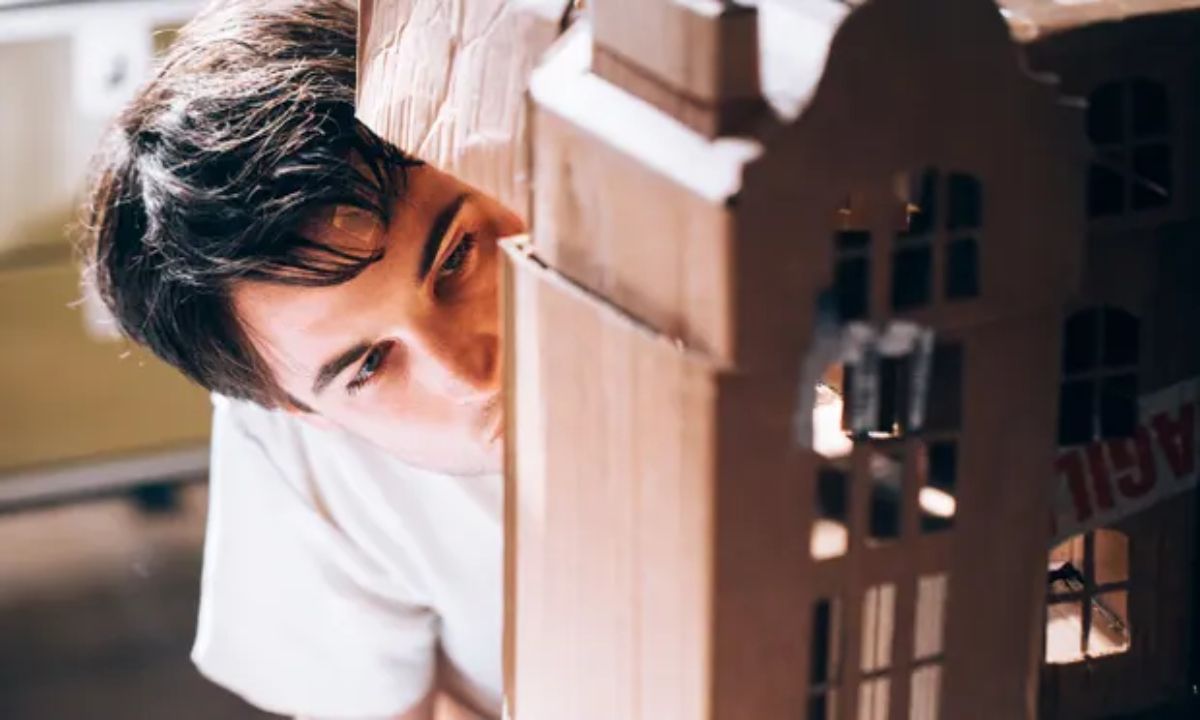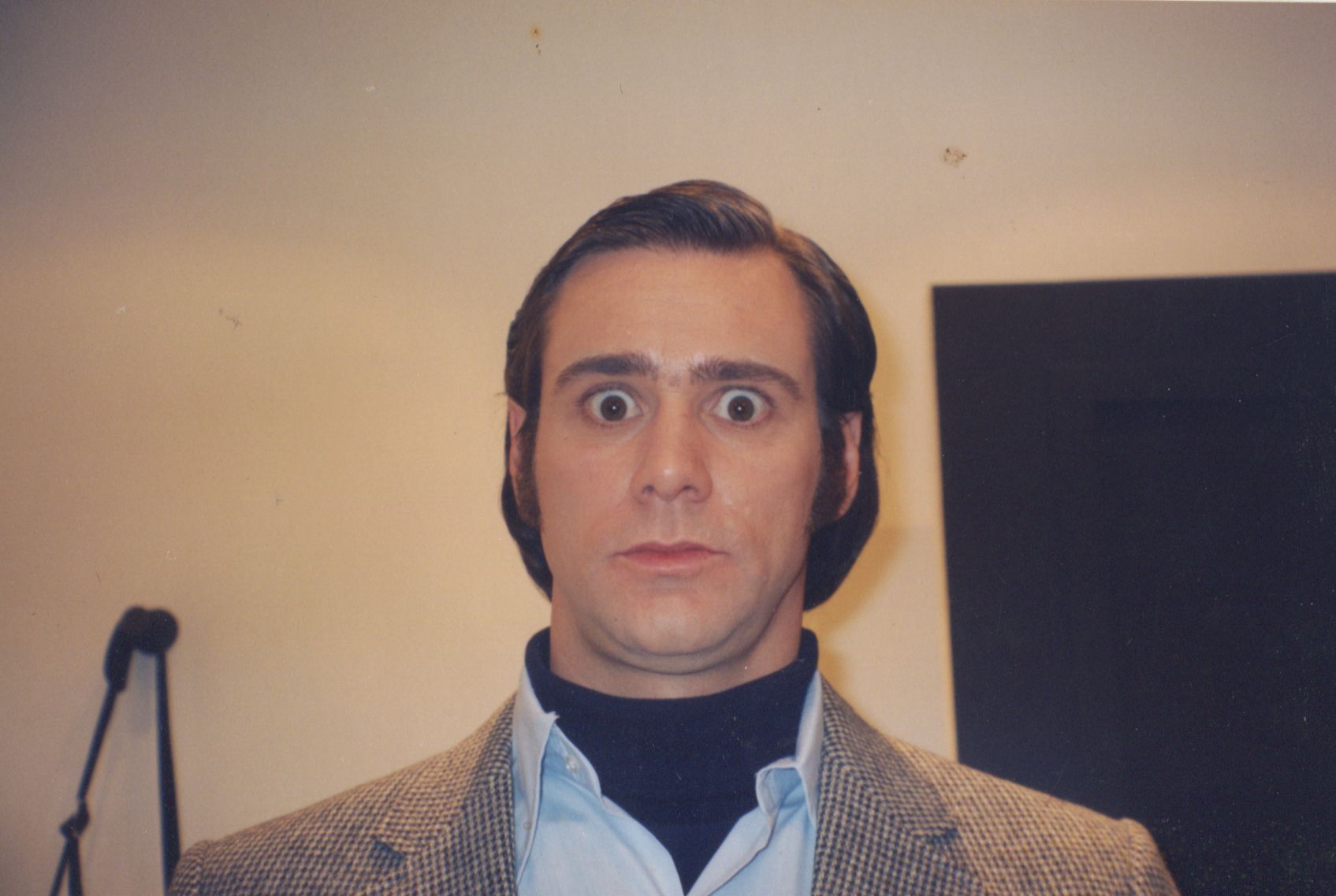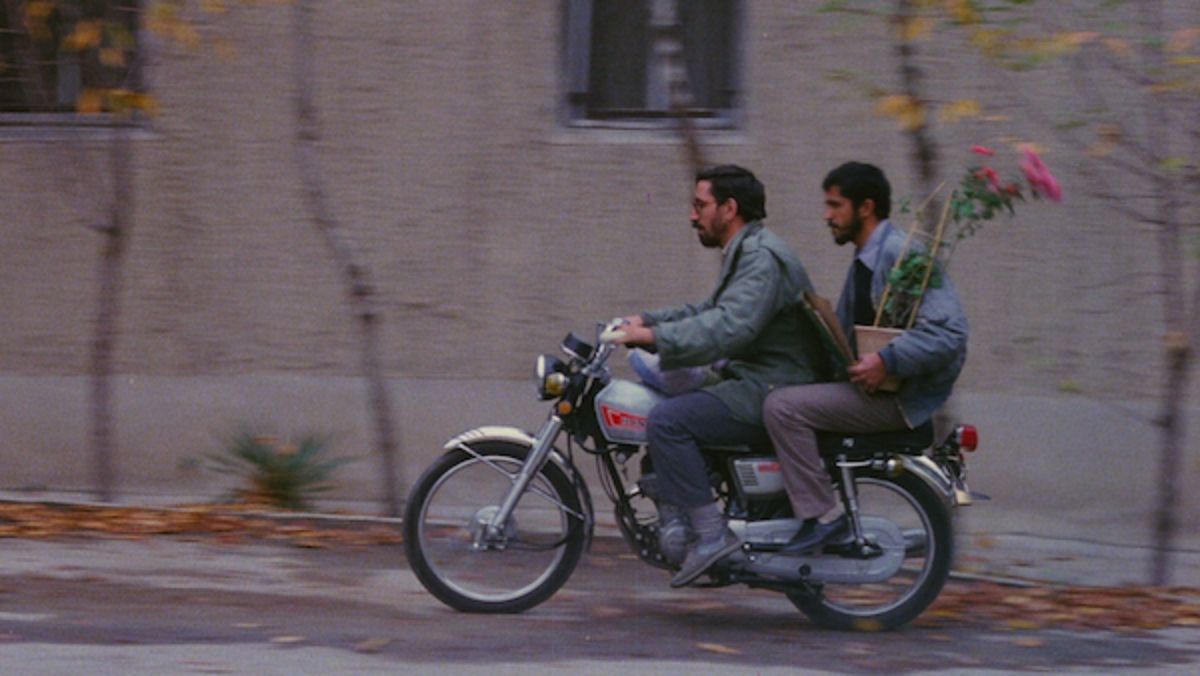After a nearly five-year hiatus, Nathan Fielder finally returned to the screen in July with HBO’s The Rehearsal, a logical expansion from the surreal quasi-reality comedic narrative he started with Nathan for You. Though it veers off considerably from its original premise throughout its six-episode first season, The Rehearsal initially posits the question: Can the uncertainties of life be erased with a mere rehearsal of an upcoming interaction? For Fielder, this question seems to only beget even more questions as he sinks into a startlingly unpredictable narrative that proves to be even more entropic than the “real life” he is trying to rehearse for.
Highlighting The Rehearsal’s premise of a reality show going off the rails when the lines start to blur between the personal and professional, these nine shows and films offer more to explore in this incredibly niche yet existentially captivating narrative style. There is a certain synergy present throughout much of these works—a common thread of existential philosophy peculiarly expressed through laugh-out-loud comedy.
Review
Perhaps the most blatant thematic precursor to The Rehearsal, this short-lived U.S. adaptation of a similarly short-lived scripted Australian comedy series follows Forrest Macneil (Andy Daly), a professional “life critic” who reviews life experiences for eager viewers. Forrest’s “Reviews” serve a similar function to Nathan’s “Rehearsals” in that they give the audience a chance to see how something might play out before they try it themselves.
Though there are plenty of isolated clips of “reviews” on YouTube, one needs to experience the show in its full form to truly appreciate its brilliance. Each review influences the next, and it is tragic yet compelling to watch Forrest’s personal life erode in the face of viewer demands as he, for instance, haphazardly conducts a review on “being Batman” while attending his wife’s divorce proceedings (who is, of course, divorcing him for his unrelenting devotion to the show).
Nathan for You
Of course, this list would be remiss to not include Fielder’s last rodeo, the Comedy Central business-fixer-upper “reality” series Nathan for You. Fielder stars as Nathan, the series’ monotone host who graduated from business school with “really good grades” and now lends his expertise to struggling businesses and entrepreneurs. Over its four-season run, Nathan for You combined its zany premise with enough spectacularly composed sketches to elevate itself to avant-garde, high-performance art.
Building off of his “Nathan on Your Side” character from This Hour Has 22 Minutes, Fielder’s ambitious foray into capitalistic satire sparked a litany of hilarious, sometimes shocking stunts that challenged the very definition of “reality” in media. Case in point: the infamous “pig rescues baby goat” video that was staged in order to attract attention to a petting zoo. In stark contrast to The Rehearsal, much of Nathan for You’s narrative is fixed within each episode. The Nathan for You Nathan is also far more passive and less introspective than Rehearsal Nathan, though there are eventual glimpses of his Rehearsal persona throughout Season 4.
How to With John Wilson
Executive produced by Fielder, How to With John Wilson follows a filmmaker living in New York City who highlights a particular subject with each episode and offers a tutorial of sorts, incorporating the city and its dwellers in a narrated, video essay/documentary format. The series, awkwardly narrated by filmmaker John Wilson, often diverts from its original premise and takes field trips out of the city. Like many of the subjects on Nathan for You and The Rehearsal, the mere presence of a camera sometimes inspires interviewees to drive the narrative forward.
One such example is when Wilson, while filming a segment on using the “Memory Palace” Technique to remember one’s grocery list, runs into an inventory checker at a Stop & Shop who turns out to be The Quantum Businessman, a Mandela Effect enthusiast who just happens to be organizing a Mandela Effect conference in Idaho. Turns such as these make each episode follow a similar trajectory to The Rehearsal, where the ultimate beauty of the series lies in its seemingly spontaneous unpredictability that manages to come across as fully pre-composed.
Joe Pera Talks With You
From the moment each episode opens with “Hello. My name is Joe Pera” the viewer of Joe Pera Talk With You is treated to a heartwarming, sincere experience that has often been described as this generation’s Mr. Rogers’ Neighborhood. Hailing from Michigan’s Upper Peninsula, Middle School Teacher Joe Pera (played by comedian Joe Pera) infectiously finds immense beauty in what many might consider to be the banal, mundane pinwheel of modern suburban life. While its practically rebellious level of anti-cynicism may seem, at surface level, to be at odds with The Rehearsal, it can be argued that its intentions are similar.
Joe’s positive obsession with the nitty-gritty details of things that most people never give a second thought to acts as a striking, alternate universe parallel to Nathan’s coldly analytical approach to understanding the finer points of human interaction. As a program, Joe Pera Talks With You is in many ways adjacent to The Rehearsal’s mundane, deadpan wit, albeit with a more optimistic outlook. There is a hard-to-explain, calming warmth that washes over one during a Joe Pera Talks With You binge-watch, while Joe announces his summer plans to plant a “bean arch” or explains his love for hiking.
PEN15
This Hulu dramedy from Maya Erskine, Anna Konkle, and Sam Zvibleman stars Erskine and Konkle as their fictional seventh-grade selves, in a Wet Hot American Summer-esque casting structure that places the two 35-year-olds in a class of actual middle schoolers. The series navigates the trials and tribulations of being a seventh-grade girl in the year 2000, such as puberty, fitting in with the right cliques, and making sure one dials the local radio station at the right time to win backstage passes to the concert on Friday night.
The series parallels The Rehearsal’s frequent propensity to have Nathan embody the people he is trying to understand, with Erskine and Konkle fully channeling the mannerisms and speaking style of seventh-grade girls. It is a bit jarring at first, but the lead actresses’ talents help aid the suspension of disbelief. By Episode 2, Erskine and Konkle’s performances are profoundly believable, and this wraps a surreal aura around the show that is tough to articulate but undoubtedly present throughout. This element specifically brings to mind the Rehearsal sequence in which Nathan brings in different actors of all ages to reenact the fateful moment in which Remy tackles him.
Synecdoche, New York
Metafictional mastermind Charlie Kaufman’s directorial debut Synecdoche, New York premiered in 2008 to positive reviews and endless critical analyses—though it seems that in terms of overall audience interest, 2022 is a better time for this type of roundabout, multi-layered active-watching-required narrative. The film follows Caden Cotard (Philip Seymour Hoffman), a playwright whose simultaneous personal turmoil and artistic success inspires him to create his most ambitious project yet: a living, breathing simulated city inside a warehouse in Manhattan.
Much like Nathan in The Rehearsal, he begins to create simulations within simulations, his world increasingly closing in as his warehouse city continues to expand to become a full-size replica of New York.
Upon the premiere of The Rehearsal, the critical consensus was clear: it’s simply a weekly serial of Synecdoche New York. While there are major differences in tone, presentation, and even genre, the Russian Doll concept of rehearsals within rehearsals and life-size building replicas in warehouses grants The Rehearsal’s status as a worthy companion piece to this tragically overlooked (by non-critics, at least) 2008 masterpiece.
Remainder
Exploring similar elements as Synecdoche, New York, Remainder is an adaptation of the acclaimed 2005 novel of the same name by Tom McCarthy. Directed by Omer Fast and starring Tom Sturridge, the film follows a man who, following an awful accident where a piece of debris renders him comatose for a period of time, wakes up to a settlement of 8 and a half million pounds. He suffers from amnesia and struggles to understand his memories. In an effort to piece his brain back together and get his memories “right,” he uses his fortune to hire actors and recreate abstract scenes from his memory. It’s an especially eerie watch after The Rehearsal, infinitely bolstered by Sturridge’s uncanny resemblance to Fielder in both style and demeanor.
Significantly, Remainder plays on a very specific element that was touched upon in the back half of The Rehearsal, starting with the “Fielder Method” narrative. Both works depict excessive rumination through reenactment, acting as a literal form of the brain’s tendency to constantly restructure memories as time goes on. In fact, the insane attention to detail (a 9V battery standing upright in the kitchen in The Rehearsal and a group of rooftop dwelling cats in Remainder) in these reenactments is highly reminiscent of how the brain “remembers” things in the first place.
Jim & Andy
This Netflix documentary chronicles Jim Carrey’s immersive exercise in method acting as he portrays the late Andy Kaufman in the 1999 biopic Man on the Moon. The footage of Carrey’s antics on set and off camera essentially created an entirely new film—one in which Carrey, as Kaufman, “reignites” Kaufman’s media stunt tit-for-tat with professional wrestler Jerry Lawler, leading to a media frenzy that mirrors Kaufman and Lawler’s original “feud.” The unscripted banter of Carrey’s Kaufman (and Tony Clifton, of course) is a masterclass in fully realizing a character, complete with all the subtle nuances that made up Kaufman’s singular persona.
In the opening sequence of the film, Carrey explains through an interview: “…Andy Kaufman showed up, tapped me on the shoulder, and said, ‘Sit down, I’ll be doing my movie.’ What happened afterward was out of my control.” Carrey’s unquestioning commitment to the role, along with his dead serious insistence that he truly was Andy for the duration of the shooting certainly granted the legendary actor an honorary doctorate from the Fielder Method School of Acting.
Close-Up
This 1990 film by Abbas Kiarostami follows an intriguing real-life event in which Iranian man Hossain Sabzian assumes the identity of filmmaker Mohsen Makhmalbaf. In a fascinating twist, the film is not only based on a true story but also employs the very people involved in said story. Though the events leading up to Sabzian’s trial in the film are indeed staged, the film’s depiction of the trial is indeed the real deal, according to Kiarostami.
The reenactment of the events leading up to the trial portrayed by the actual people involved yet again invokes Nathan’s eventual, tragically ironic conclusion in The Rehearsal: that one can never fully comprehend a situation until after it’s happened. In an in-depth interview with Kiarostami, the director comments on the peculiar nature of having the real-life characters reenact this pivotal moment in their lives:
“It was interesting to have both the deceiver and the deceived reenact their negative roles in front of the camera. We restaged it with a few adjustments. Everything was just as it happened.”

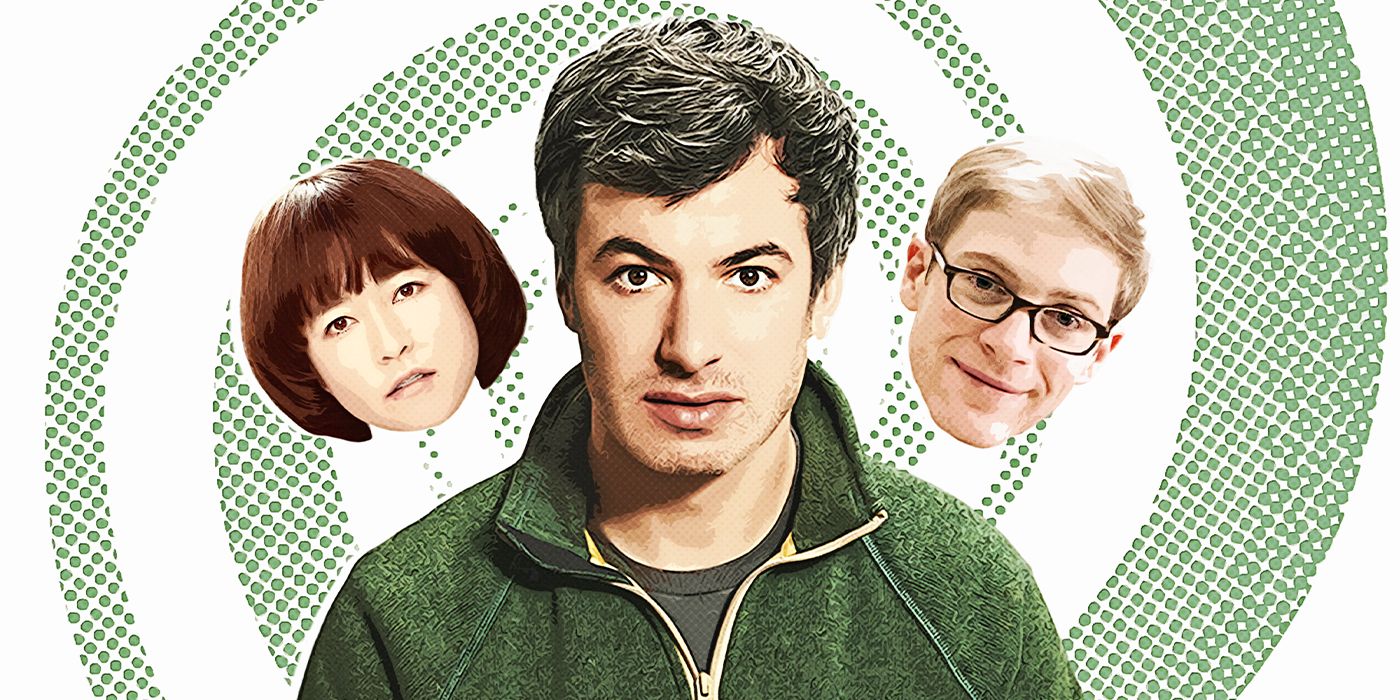
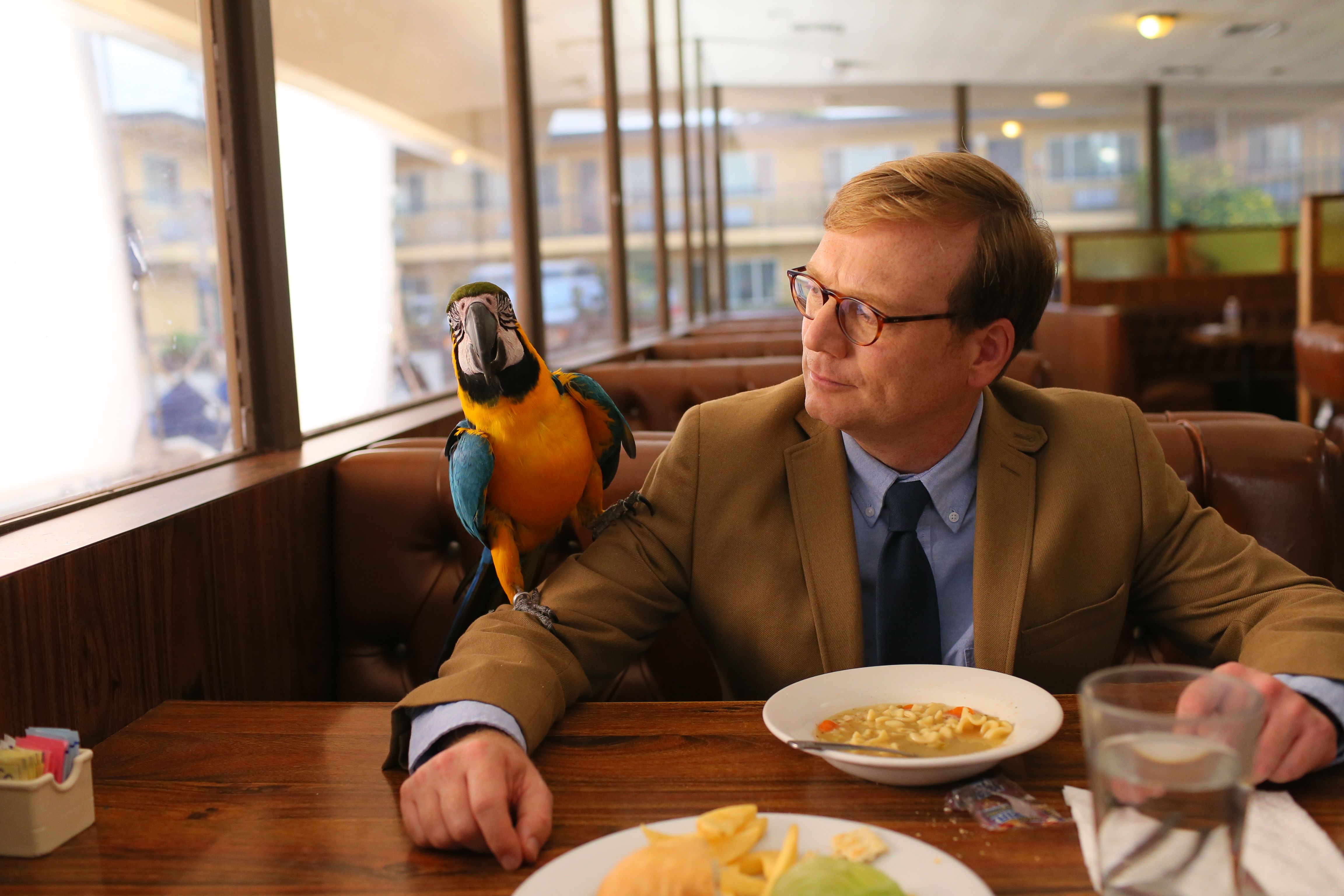
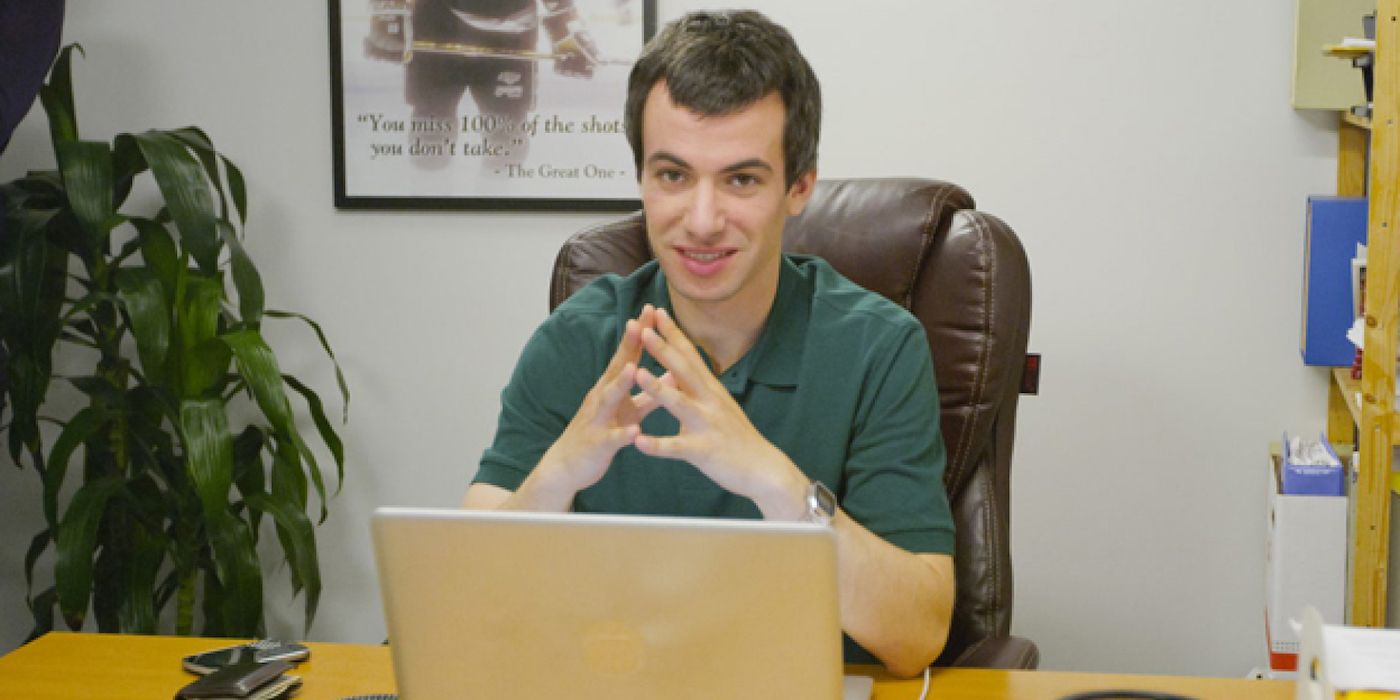
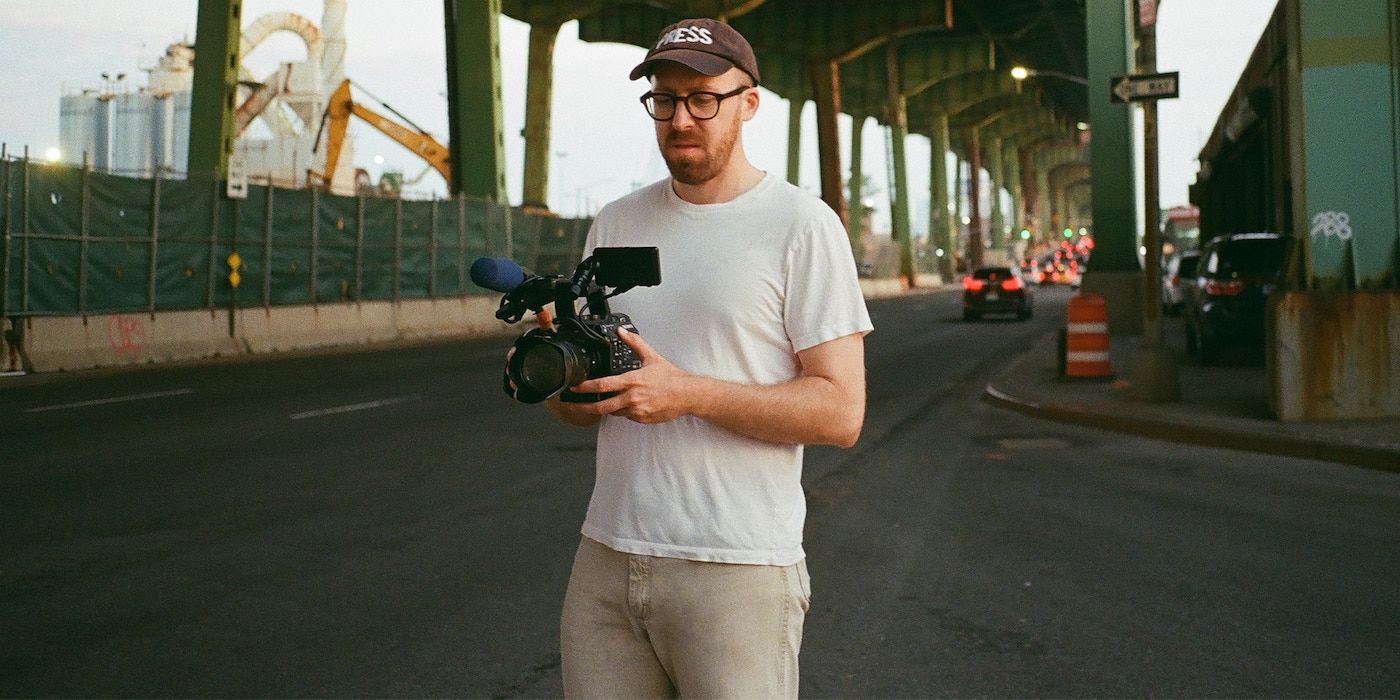
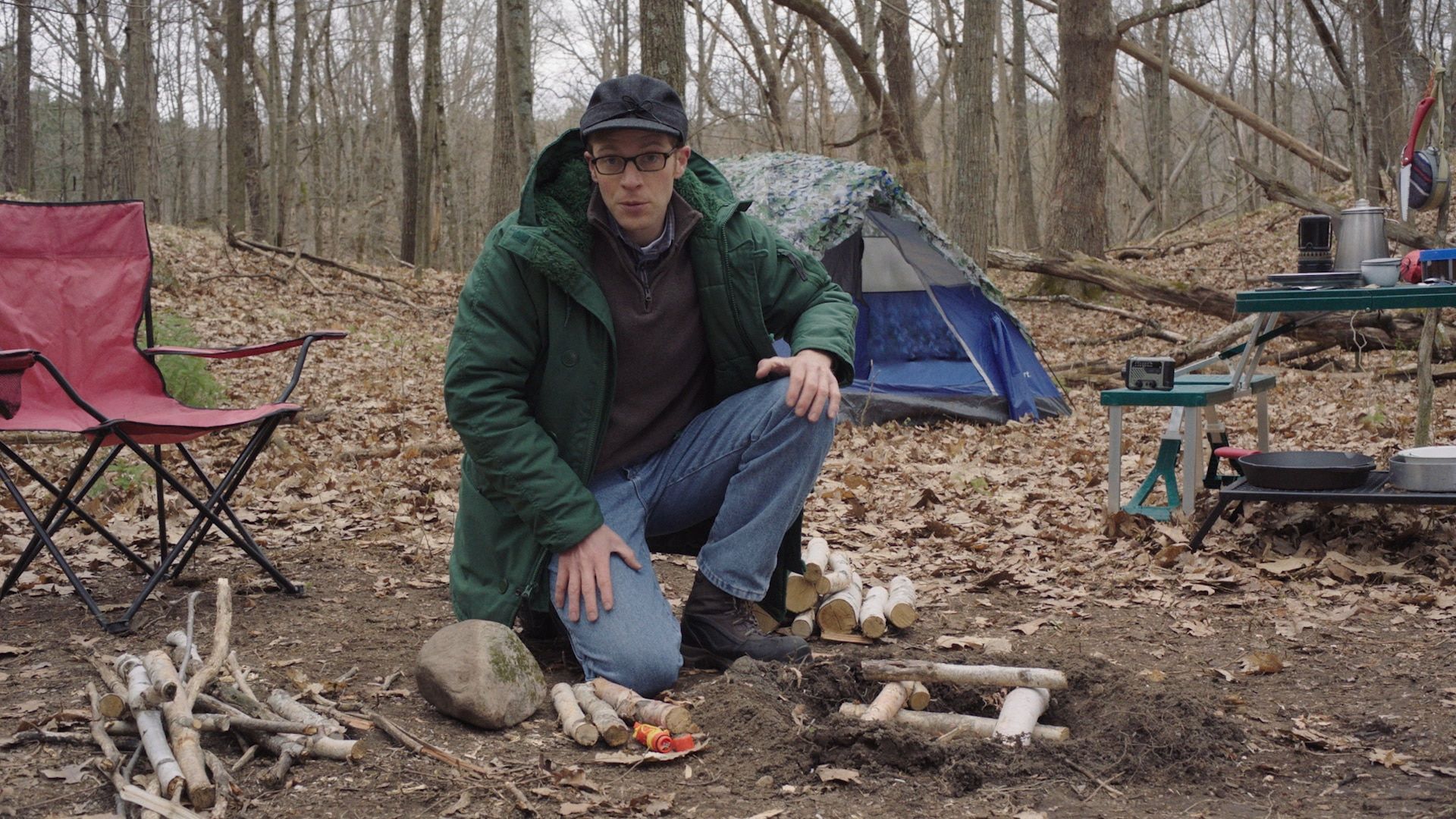
.jpg)
